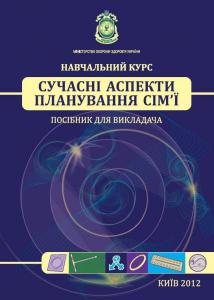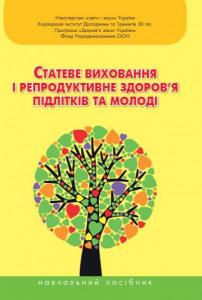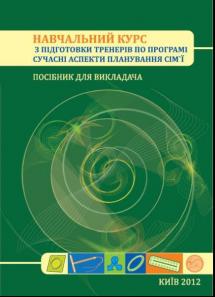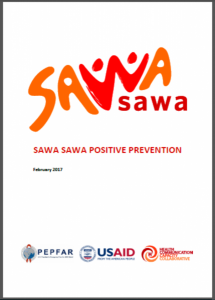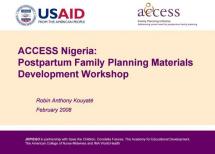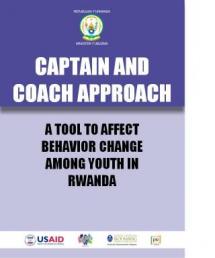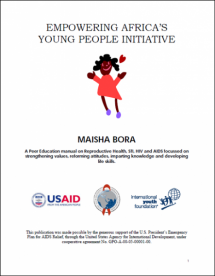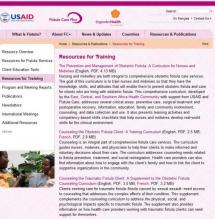Modern Aspects of Family Planning Training Curriculum
This manual is from the Healthy Women of Ukraine (HWUP) program. The goal of HWUP, which runs from 2011-2016, is to protect the reproductive health of Ukrainian women and couples by increasing the appropriate and effective use of modern methods of contraception as an alternative to unintended pregnancy and associated abortion. HWUP was a follow-on project to an earlier program, Together for Health, which ran from from 2006-2011.
Evaluation of the project thus far shows the following;
- 7.8 million Ukrainians have been reached with the program’s messages
- More than 25,000 people, mainly youth, have participated in FP/RH education sessions
- 87% of education session participants plan to use modern family planning methods in the future
- The number of access points for family planning and reproductive services has increased more than 300% in HWUP partner oblasts
- More than 2,600 health care providers have been trained in modern family planning approaches and counseling
– See more at: /project-examples/clinical-manual-modern-aspects-family-planning#sthash.pCFikL2O.dpuf
This curriculum is from the Healthy Women of Ukraine (HWUP) program. The goal of HWUP, which runs from 2011-2016, is to protect the reproductive health of Ukrainian women and couples by increasing the appropriate and effective use of modern methods of contraception as an alternative to unintended pregnancy and associated abortion. HWUP was a follow-on project to an earlier program, Together for Health, which ran from from 2006-2011.
Evaluation of the project thus far shows the following;
- 7.8 million Ukrainians have been reached with the program’s messages
- More than 25,000 people, mainly youth, have participated in FP/RH education sessions
- 87% of education session participants plan to use modern family planning methods in the future
- The number of access points for family planning and reproductive services has increased more than 300% in HWUP partner oblasts
- More than 2,600 health care providers have been trained in modern family planning approaches and counseling
This curriculum is for a 5-day training on “Modern Aspects of Family Planning” aimed at improving the professional level of health care providers in both theoretical and practical contexts. The curriculum includes description of material covered on each day.
Source: Healthy Women of Ukraine Program (HWUP)
Date of Publication: March 25, 2019
SIMILIAR RESOURCES
Tools
Examples
- IPC for Immunization Toolkit
- Community Communication MNCH e-Manual: Participatory Health Promotion Sessions
- Antiretroviral Therapy for HIV Infection in Infants and Children: Recommendations for a Public Health Approach
- The REPLACE Approach: Supporting Communities to End FGM
- Interpersonal Communication for Immunization (IPC-I)
- Healthy Timing and Spacing Of Pregnancy: A Trainer’s Reference Guide
- HTSP Online Course
- Orientation Programme on Adolescent Health for Health-Care Providers
- The HTSP Implementation Kit
- Providing Reproductive Health Services to Young Married Women and First-time Parents in West Africa

